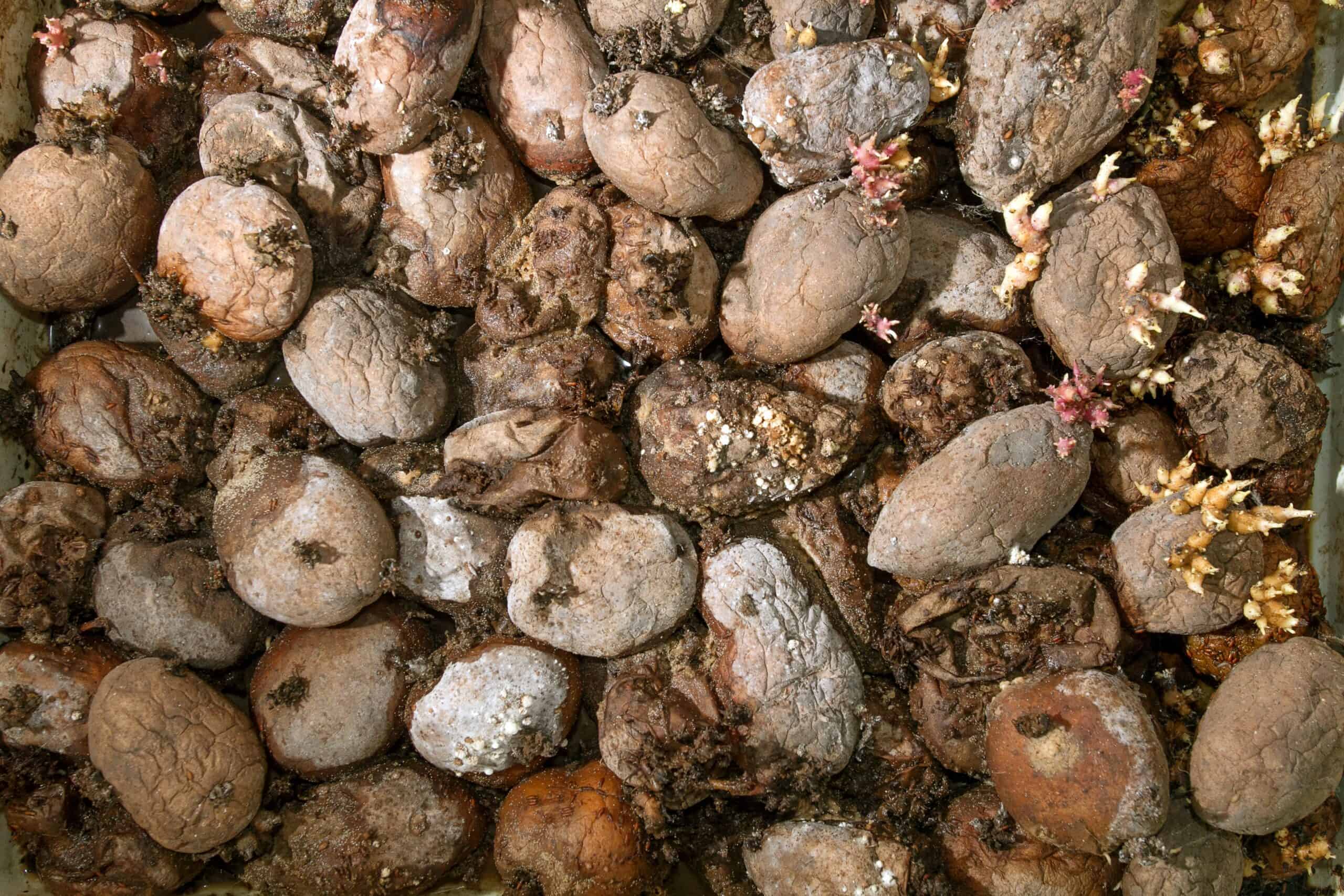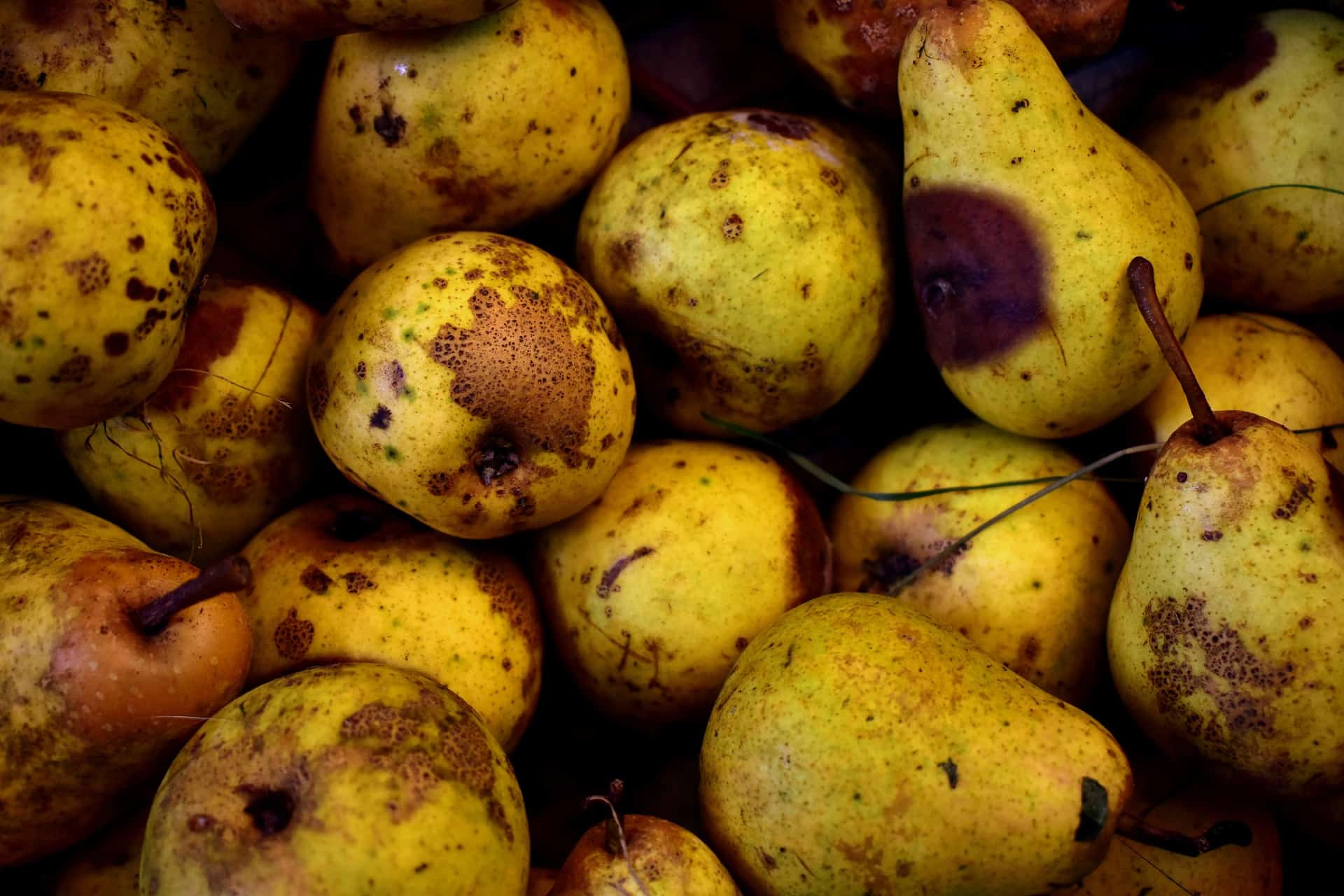This blog was written by Sammy Davies as a response to David Suzuki’s article Canada’s Plastic Ban is a Necessary First Step.
Certified compostables play a role
Certified compostable products need to be a part of Canada’s path to zero waste. Although Canada’s single-use plastic ban is taking steps to help the environment, not enough thought has been put into our system to manage food waste.



Buying food without plastic packaging is nearly impossible in 2022. The only realistic way to do it is by shopping at niche, often more limited, grocery stores specifically designed to avoid plastic. Those are a great option, but not one that can be scaled easily or quickly. If you’re a pro zero-waster, it makes sense to mandate single-use plastic bans with strong support for reusable options.
Unfortunately, the food industry is not ready for this. Sustainable alternatives exist but are confusing as certified compostable guidelines and labelling laws haven’t been mandated in Canada – at least not yet. Like David Suzuki said, “making bans work requires education and ensuring sustainable options are available when needed.”
According to Suzuki, “There’s no future in plastics.” The issue here is that compostable film products, sometimes referred to as “bioplastics”, are being lumped in with typical single-use plastics. Let me interject! Certified compostable products are not toxic or harmful like the single-use plastics we have come to rely on. Canada’s recent single-use plastic ban aims to reduce waste and includes certified compostable checkout bags on the list of “problematic” plastics, even though they are a fully compostable tool that can be reused as a liner for organic waste bins. If you want to keep your organics collection clean and easy, certified compostable bags are the best option. So why not allow restaurants and grocery stores provide them as a multi-solution to their customers?
Why are compostables deemed as problematic?
Certified compostable film bags will break down in a commercial compost facility about as easily as your banana peel. The problem is that Canadians need more access to compost facilities that can process these certified compostable film products.
Additionally, we must make it easy for people to sort their waste properly and education and the right tools are key. Increasing funding for better composting infrastructure is also key.
How important is composting food waste?
At a time where 1/3 of the world’s food gets wasted, North American countries like the United States send more food to landfills than any other material, and Canada aims to reduce global methane emissions by 30% below 2020 levels by 2030, we need to act now. But wait, why care about methane? “Cutting methane is the single fastest, most effective opportunity to reduce climate change risks in the near term,” says atmospheric scientist Ilissa Ocko in her popular Ted Talk. Collecting food and organic waste is one of the ways we can start.
Compostables need to be part of the circular economy strategy and collaborative action is required. To ease confusion for consumers, make it easy for businesses and restaurants to shift, and ensure composters don’t get overwhelmed with contamination or become the next waste disposal site, we suggest:
- Government enforces clearer labelling on products to ease confusion for consumers (this is in progress in Canada)
- Certified compostables be part of a multi-solution strategy to eliminate plastic waste related to food products with the goal of increasing organic waste collection and decreasing contamination problems for composters
- Mandate organic waste collection and diversion from landfill everywhere to reduce methane emissions and use the resulting compost to regenerate soil
Restaurants and Businesses: How to make the shift
First, check if your local hauler accepts organic and food waste for compost.
Second, only purchase and supply BPI certified compostable food service ware, bags, gloves, whatever you use to sell, cook, or process food. Bonus if they are CMA approved to ensure full compostability. BNQ certification is also accepted in Canada.
Third, set up source separation bins, especially green bins for organic waste collection in your front-of-house and back-of-house areas. Ensure you have clear and simple signage near eye-level above the bins so that your customers know what goes in each bin. Your local municipality will list on their website what is and isn’t accepted in the green (organic), blue (recycling), or black (landfill) bins. Ensure your signage is in line with what your local municipalities accepts in the organics, recycling, and landfill bins.
Fourth, accept reusable packaging. If your customer brings their own cup or takeout container, accept it. Bonus if you can give a little discount. You could also set up a reusable program like Inwit in Toronto or Sharewares in Vancouver to help you.
Composters: You decide whether to accept good compostables
Start sampling EcoSafe products and see for yourself how our certified compostable film products work. We want to help facilitate the transportation of food waste to you and increase your ability to use uncontaminated feedstock. EcoSafe programs ease confusion because we lead with educational programs that eliminate contamination to help your business thrive!
Second, we know that funding is an issue. If funding is increasing in the United States, Canada must do the same.
Third, if you’re under regulations similar to OMRR in British Columbia, connect with the EcoSafe team to learn more about our products and how they can help reduce contamination issues.
Consumer: Time to learn, act, and influence
First, ensure that you are reducing waste by participating and supporting local reusable and refillable programs. If you’re lucky to have one in your community, it is likely a start-up that is doing the right thing who needs your support!
Second, if you aren’t collecting organic waste at home, start now. This is one of the largest impacts you can have for reducing waste AND your greenhouse gas emissions while regenerating the soil around you. If you have a backyard, start there. If you don’t, look to your local municipality for drop-off or pick-up programs.
Third, advocate to government that you want to see more innovative products to help make the transition to zero waste easier. Compostables and reusables are an infant industry, and we want to help make it easy for you and your local businesses.
Municipalities: Time to understand, engage, and collaborate
Start collaborating with innovative companies in your jurisdiction and engage with their processes of striving toward a circular economy.
Second, consider compost facilities as a key solution to a cleaner future. Our soil is dying because of our industrial farming practices. We need the microbes provided by compost to help grow healthy food for local communities. Difficult settings like multi-residential buildings could use a program like EcoSafe’s MultiRes program as it’s often a challenging space to lead organic waste collection and diversion programs.
Third, EcoSafe can help you by making program implementation easy. Mandating single-use plastic bans without scientific back-up is ruining the efforts of small businesses like ours. The compostable industry is in its infancy, and for the sake of the local economy, it needs to be celebrated in Canada.
Let’s connect
EcoSafe has been involved with keeping organics out of landfill for over a decade. We have the unique opportunity to ensure distribution partners across North America get educated on how to implement successful food scraps collection programs anywhere food is sold, processed, or eaten. Contact us or leave a comment below if you’d like to learn more.
Food loss and waste occur at each stage of the supply chain. The biggest proportion (about 37%) happens in the home.
ReFED, 2021
